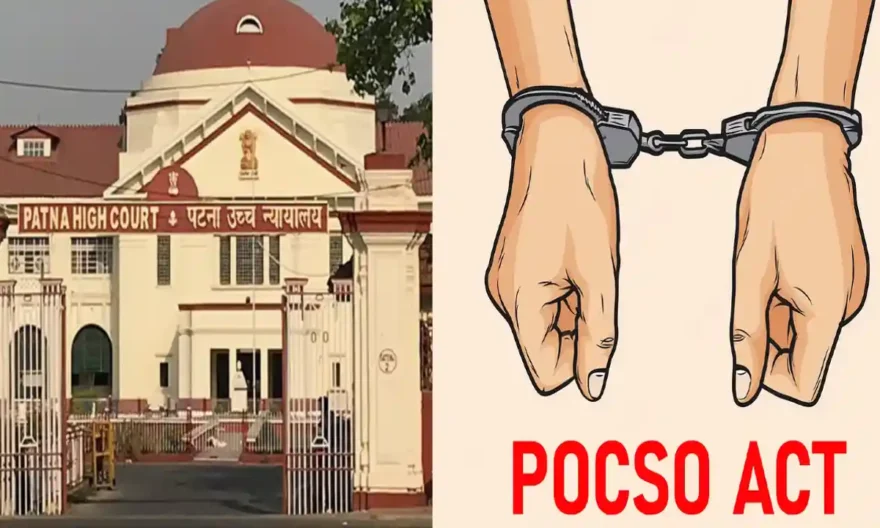
The Patna High Court recently held that conviction under the Protection of Children from Sexual Offences (POCSO) Act cannot be upheld if the survivor’s age is not proven.
A single bench of Justice Alok Kumar Pandey ruled that the survivor’s statement under Section 164 of the Code of Criminal Procedure (CrPC) cannot be considered as substantive evidence.
As a result, the bench acquitted an accused despite the fact that the prosecution made no effort to establish the victim’s age.
“Apparently, no exercise was carried out by the prosecution to establish that the victim was minor as on the date of occurrence by following the procedure prescribed under the Act in the light of reasoning put forth by the Supreme Court in case of Jarnail Singh”, the bench stated.
As a result, the single bench reversed the trial court’s order of conviction after finding substance in the appellant’s contention that the prosecution failed to prove beyond a reasonable doubt that the victim was a juvenile at the time of the incident.
The appellant had challenged a 2022 trial court’s decision finding him guilty of procuring an underage girl, rape, and POCSO Act violations.
According to the prosecution, the appellant kidnapped the victim, who was about 14 years old, with the intent of marrying her.
The appellant contended that the prosecution had failed to discharge its burden of establishing that the victim was a minor at the time of the incident. Furthermore, it was claimed that while presenting evidence, the victim herself claimed to be 20 years old.
He further stated that the trial court did not determine the victim’s age, and there was no age finding in the challenged judgment.
While ruling in favor of the appellant on the issue of age determination, the bench also stated that the victim’s statement before the trial court could not be trusted because it contradicted her statement before the magistrate.
The single bench further considered the fact that the appellant had not been questioned under Section 53A of the Criminal Procedure Code (Examination of person accused of rape by medical practitioner).
“Although it is true that the provision is not mandatory in nature, the court believes that it allows the prosecution to conduct the examination of the victim in such a way as to significantly prove a charge of committing a rape,” Justice Pandey noted.
After reviewing the evidence, the bench found that the claimed offences had not been proven beyond a reasonable doubt, and thus the appellant was given the benefit of the doubt.




